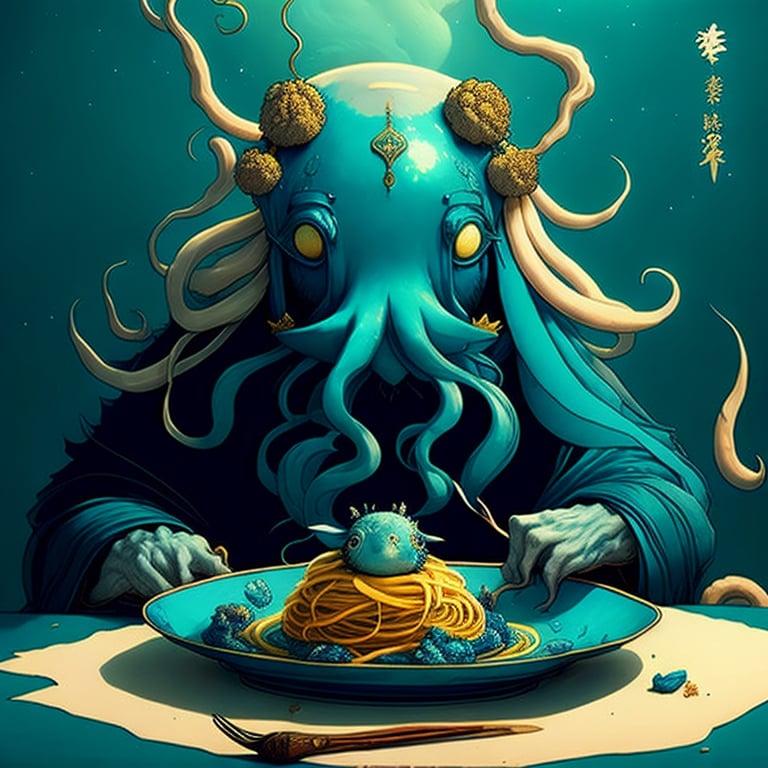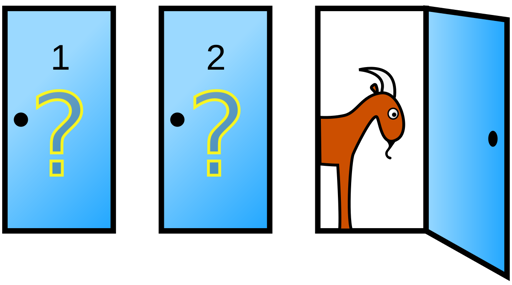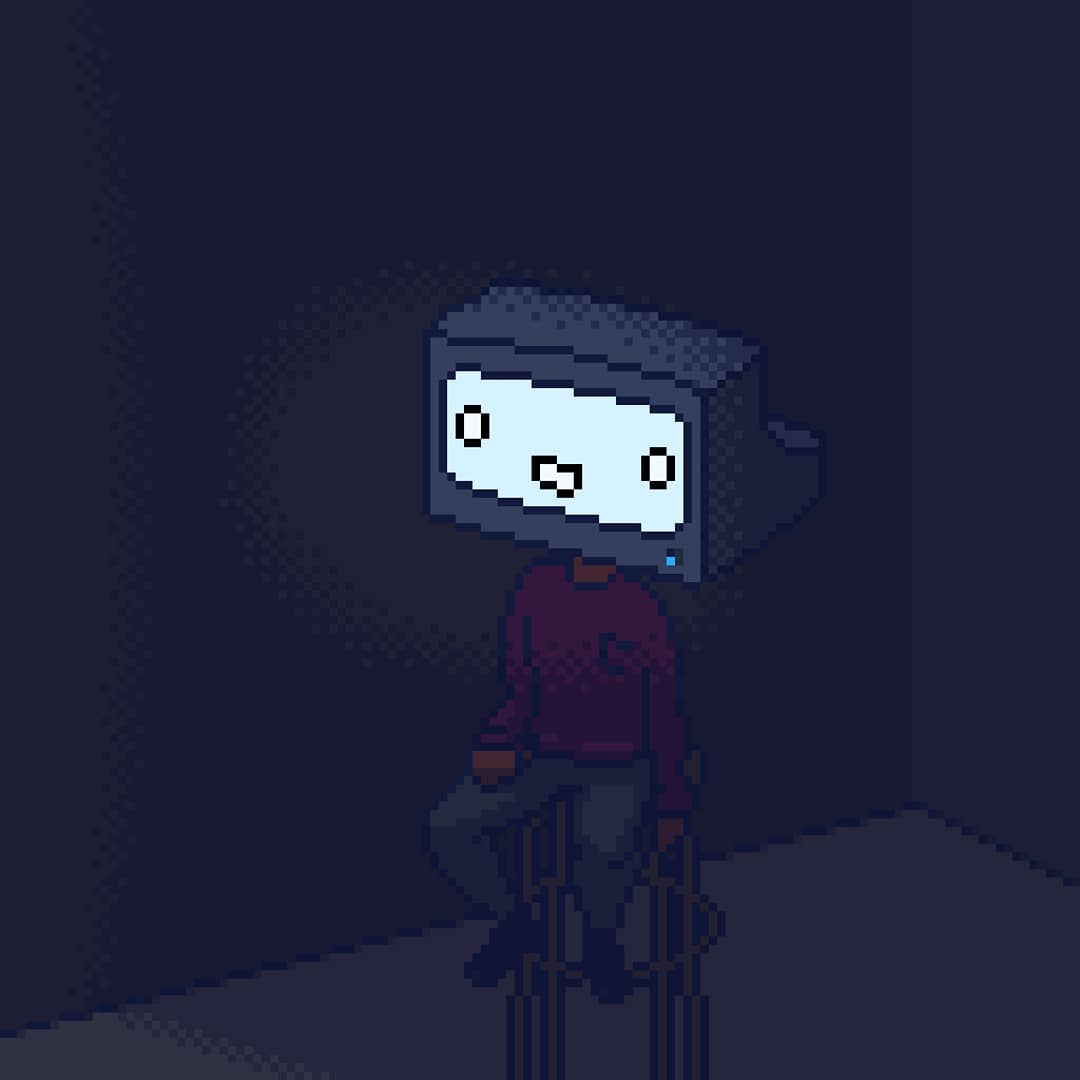Every time I see this I spend 10 minutes reading the solution explanation in detail and still end up not gaining any intuitive insights. I’m sure the “switch” probability is better but I always have more questions.
If the host knows where the car is and picks a door that doesn’t have the car, I understand that that is technically gained information compared to the starting state in which the initial door was chosen, but why does that information matter? As a counterfactual, why doesn’t it remain just as theoretically possible that the unpicked/switch-to door was the initial chosen switch-from door and therefore there is an equal likelihood that both doors contain the car?
That’s what keeps stumping me.
If the host were to pick a door randomly, there would be 6 equally likely possibilities.
First, you pick either Goat 1, Goat 2, or Car. In the first case (1/3 chance), the host picks either Goat 2 or Car. In the second (1/3 chance), the host picks either Goat 1 or Car. In the last (1/3 chance), the host picks either Goat 1 or Goat 2.
Out of these 6 possibilities, two of them result in the host revealing a car, which would end the game early. Eliminating those two possibilities, so the host always reveals a goat, leaves 4 possibilities. This is the “new information” that is used by the host.
In the first case (1/3 chance), switching gives you the car. In the second case (1/3 chance), switching gives you the car. In the last case (1/3 chance), switching gives you a goat.
Thank you! This did it.
Breaking down the how the blocks of potential outcomes stemming from the host’s choice, and how the reveal of the goat in two choices leaves only the car as a possible outcome for those two choices, was the key information here that filled in the blanks for me.
If I pick 1, then the host has to pick 2 or 3.
Host reveals #3.
If the car was in 2, he HAS to pick 3. If it was in 1, he can pick either 2 or 3.
The chance that I picked 1 and it was in 1 is lower than the chance that it was in 2 and he was forced to reveal 3.
I feel like it’s super over-explained.
You have a 1/3 chance of choosing correctly in the first place. Meaning the chance that the prize is behind one of the doors you didn’t pick is 2/3.
You then get the chance to switch to the last remaining door, after the host reveals one goat out of the two doors that were left.
Since the chance that the prize was behind one of the two doors you didn’t pick was 2/3, switching to the last remaining door after the reveal means you have a 2/3 chance of winning by switching.
You had a 1/3 chance of picking the right door on your own
So the chance it’s behind one of the other two is 2/3. They eliminate a door, so the chance of it being behind the remaining closed door is 2/3. Twice the chance of it being behind your chosen door.
Imagine 100 doors. You pick one, and the host opens 98. Kind of makes it easier to see.
This is a great explanation.
Holy shit! It took me a few readings of the various comments but I think I’m finally getting it! :o You have 100 doors. So 1% chance of picking the right one straight away. So there is a 99% chance is behind one of the other ones.
But then the host shows 98 of those doors. So now those 99% chance of the correct door being amongst those 99 you didn’t pick have coalesced into that one he didn’t reveal!Can’t believe it took me so many tries to get it haha!
So in the simple version where the host doesn’t do anything, there’s 3 possibilities for the car. It’s either behind door number 1, 2 or 3. So when you pick one, there’s a 1 in 3 chance you pick the door with the car.
Now as for why the host’s choice matters: The host always opens a door that you didn’t choose and that also does not have the car. This information seems like the useful part, but it’s actually not. No matter which door you pick, one of the other two will always have a goat. He’s just showing it to you for the show, but that doesn’t change anything, because you don’t get to pick which of the two other doors, only “switch,” that’s the important part. This recontextualizes the choice you made, effectively your choice is now between the door you picked, or the other two doors combined (the one he showed you which is wrong, and the other one).
When you first picked the first door, the odds of the car being behind it were 1 in 3, and those odds still haven’t changed. There’s still a 1 in 3 chance that your door has the car behind it. And when you first picked, there were 2 in 3 odds that the car was behind one of the two doors that you didn’t pick. Having the incorrect door revealed after the fact doesn’t change that fact about both doors. So now the door you chose initially has 1 in 3 odds and the other choice - switch to both doors - has 2 in 3 odds. That’s twice the odds, so you should definitely switch. You’ll be wrong 1/3 of the time, but it’s the best pick.
At least that’s how I think about it: by staying, it’s like you only got to open one door, and by switching it’s like you get to open both of those two doors.
If the host showed you the wrong door ahead of time, you’d be right though. Your choice would be between two doors and be 50/50, but by showing it after you’ve already picked one, the likelihood of the car being one of the doors you didn’t pick stays the same, and since the revealed door now has a 0 in 3 chance the last door must have that remaining 2 in 3.
If the host showed you the wrong door ahead of time, you’d be right though. Your choice would be between two doors and be 50/50, but by showing it after you’ve already picked one, the likelihood of the car being one of the doors you didn’t pick stays the same, and since the revealed door now has a 0 in 3 chance the last door must have that remaining 2 in 3.
This is also where the intuitive comprehension breaks down, and why I feel like an idiot when people explain this “there’s still 2/3rds probability” answer. That seems like we are selectively carrying-forward new information - maintaining the 2/3rds probability information but omitting the information that we exist in a revised 2-door universe after the host’s choice.
Similar to the questions I initially posed, we would typically assume probability changes when an action occurs. Set aside the door that the host ultimately chooses (which I know is probably changing the hypothetical, but work with me). There are two doors and in this example the “choice” of one of two doors is a 50/50 chance to contain a car or a goat. Now add the third door, which is always going to be a goat. Since it will always be a goat, because the host will never pick the door with the car, it will always be irrelevant. This doesn’t seem like an “action” in that it doesn’t give true new information.
To explain differently: presumably we would agree that that two-door hypothetical is always going to be a 50/50 choice, whether we switch or not. And isn’t that exactly the same as the three-door situation, if the host will always open a door with a goat? No matter the order, there are always going to be three doors: {Player-chosen} {Not-chosen} {Host-chosen}, where the {Host-chosen} is always a goat. Opening it seems a like a predestined, 100% deterministic act that can be removed from the equation.
The question is, why does that change when we add a third door that is always going to be irrelevant to that choice? Why is the pre-ordained act of the host always opening a third door with a goat not just some ritual - a superficial act that changes nothing to the two-door problem?
I know I’m wrong, I just can’t square that hypothetical.
The probability that you guessed right when you picked the initial door cannot change. Revealing additional information doesn’t retroactively change the odds that your guess was correct.
You had a 1 in 3 chance when you guessed, so the odds that your guess was wrong was 2 in 3. Those odds don’t change just because you gained more information later on. That’s why those 2/3rds chances that you’re wrong apply to the remaining door being correct.
Imagine there are 100 doors and you have to pick one. After you pick one the host opens 98 doors. Do you think you picked the one prize door or one of the 99 goats?
123
each door has a 1/3rd chance of the car. you choose 1.
there’s a 1/3rd chance you’re right (door 1 wins), a 2/3rd chance you’re wrong (door 2 or 3 wins)
host opens door number 3. reveals a goat.
123
–gthe chances of doors 2 or 3 combined having the car (and thus, you being wrong) has not changed. it’s still 2/3rds.
just because one of those two doors has been revealed does not alter that chance.
your chance to win via door 1 is also unchanged. still 1/3rd.
now the dilemma. you are given opportunity to switch.
do you keep your 1/3rd chance or do you switch and inherit that 2/3rd chance?
Sorry, I typed a single answer here: https://lemmynsfw.com/post/25349185/11629441 rather than respond to this separately.
Just draw all the possible decision trees and count the outcomes. It’s very simple.
deleted by creator
Instead of Monty opening the door he knew had a goat, imagine that he combined the contents of both other doors into one, then put a goat behind the door he’d just emptied and opened it. Now is it clear that the remaining door has double the original odds?
At start you have 1/3 chance if you randomly pick a door.
When you remove 1 door, you have 1/2 which is better.
But I’m with you, it’s bizarre that it works 🤷🏼♀️!
Edit: For the non math curious downvoters: it is exactly how it works, you start out with a 1/3 choice (~33% win chance). If you randomly chose again after the door opening (the door conceniently being empty) you have 1/2, which is … Better. So it is better to change. You can try it out with 10 or a houndred doors, the result is actually the same, you just get stuck on the “forced” change of doors because there are so few to chose from.
This is not how it works, this way you wouldn’t improve your chances by switching doors.
Well explain how it works then. Because you know, it does work.
Ok, assume you pick door number one. There’s three possibilities; the car is either behind door number one, two or three. Now:
- First scenario, the car is behind door number one. Monty opens door two or three, you switch doors and don’t win a car.
- Second scenario, the car is behind door number two. Monty opens door three, you switch doors to number two and win a car.
- Third scenario, the car is behind door number three. Monty opens door two, you switch doors to number three and win a car.
So two out of three times, you’ve won a car by switching doors. So you have a 2/3 chance of winnin by switching, or a 1/3 chance by not switching.
Very good explanation, thanks!
I didn’t provide the exact numbers, but stated that because the odds are now better for a random selection, is the reason for switching. Am I that bad at explaining 😭
I learned about that from kittens
BONE!!??!!
BOOOOOOONE???!!!???
Do I have to teach you college level statistics ?









